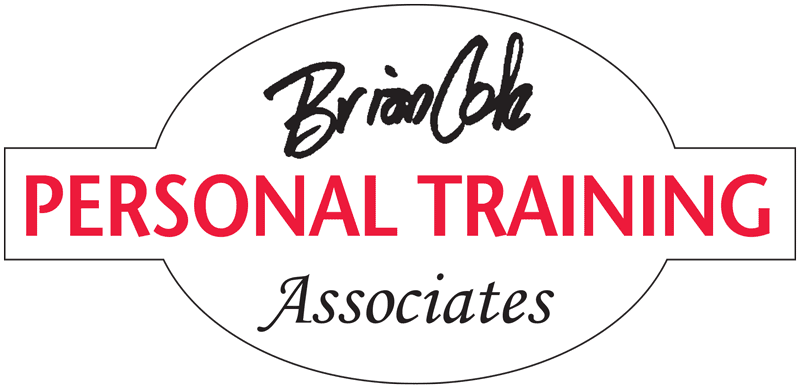While this is kind of old news for me — I mean I often wake up with health and fitness (anatomy, physiology, kinesiology) questions to research — most of my readers aren’t similar geeks. So, I’m going to write about the difference between life spans and health spans. They are two dramatically different things. Life span refers to the years from birth to death. Health span is about the years without significant pain and discomfort.
Life span in the days of the Roman empire was about 30 years old. Life span in the advanced culture of the U.S. in 1900 was still only 47 years old. In roughly 2,000 years, humans added 17 years of life expectancy. But in the 20th century, in just 100 years, we added 30 years and increased to 77 years. Huh? How is that possible?
This is measuring birth to death, remember, so if someone lives to 70 and someone dies at age 10, that’s a life expectancy average of 40 years old. In Roman times, half of all children born died by age 10. Think about that for a minute and be thankful for the century you and your family have been fortunate to have lived your whole life in. But in 1900, childhood diseases were still claiming way too many.
What happened? During the early 20th century childhood vaccinations (diptheria, smallpox, tetanus) and later (measles, mumps, rubella and polio, to name a few) became readily available, saving children’s lives which significantly affected the “average” life spans. I remember group/social activities that were restricted and also friends who were stricken due to the polio epidemic. The second half of the 20th century showed steady annual increases in life expectancies.
Also, credit the medical diagnosis and technology of our adult healthcare system, which is among the best ever in human existence in fixing many health issues. Far better at fixing than preventing; however, I say that’s up to us. Which brings us to health spans.
Health spans. Yes, we’re living longer. But 65 percent of those over 60 have multiple health issues that affect their capacity to fully enjoy life. “If it ain’t broke, don’t fix it” is the worst supposedly cute quip I can think of. Don’t change the oil in your car until it stops running. Keep getting fatter until you burst. Continue drinking too much alcohol because your liver isn’t fully decayed (broken) yet. Don’t bother to exercise because you’re still alive. Keep eating sugar although it meets most criteria of being a drug. Add your own disclaimers to that way of approaching prevention. Increasing our health span is the human challenge for the 21st century, and there’s plenty of room for improvement.
The Rx is to improve our nutrition and increase our activity: the individual specifics can vary but the details are easily accessible due to the technology of our computers. The effort involved to initiate is not easily accessed, however. and that’s where the barrier to improvement clearly is. Our lifestyles are so easy now, we’re spoiled. Adapt to the Mediterranean or Dash diet, walk at least 30 minutes daily, (“daily” means every day as if you had chores/physical responsibilities like all generations during the centuries before us and the majority of the world population still does), drink a lot of water.
C’mon, with all the opportunities to enjoy more and more of possible current activities, and to do all we can to avoid years and years of doctor visits, medications with their inevitable side effects, years of pain and discomfort to endure, what specifically is stopping anyone, YOU, from better choices? The rewards are immediate and lifelong; the risks are zero.
I’m not trying to be a scold nor am I auditioning to be your conscience. I’m trying to use logic and facts to inspire some of you to change your habits for your own benefit. You can. I see folks every day who are doing exactly that.

